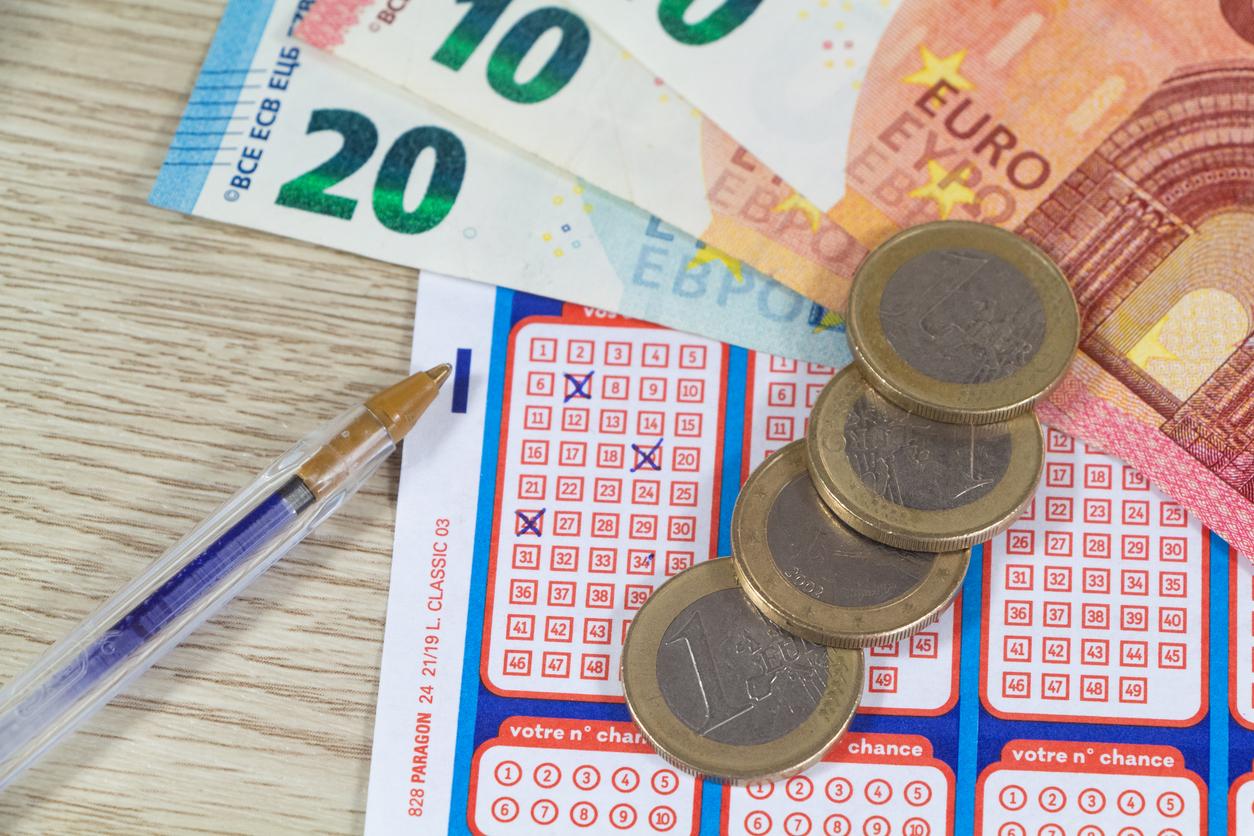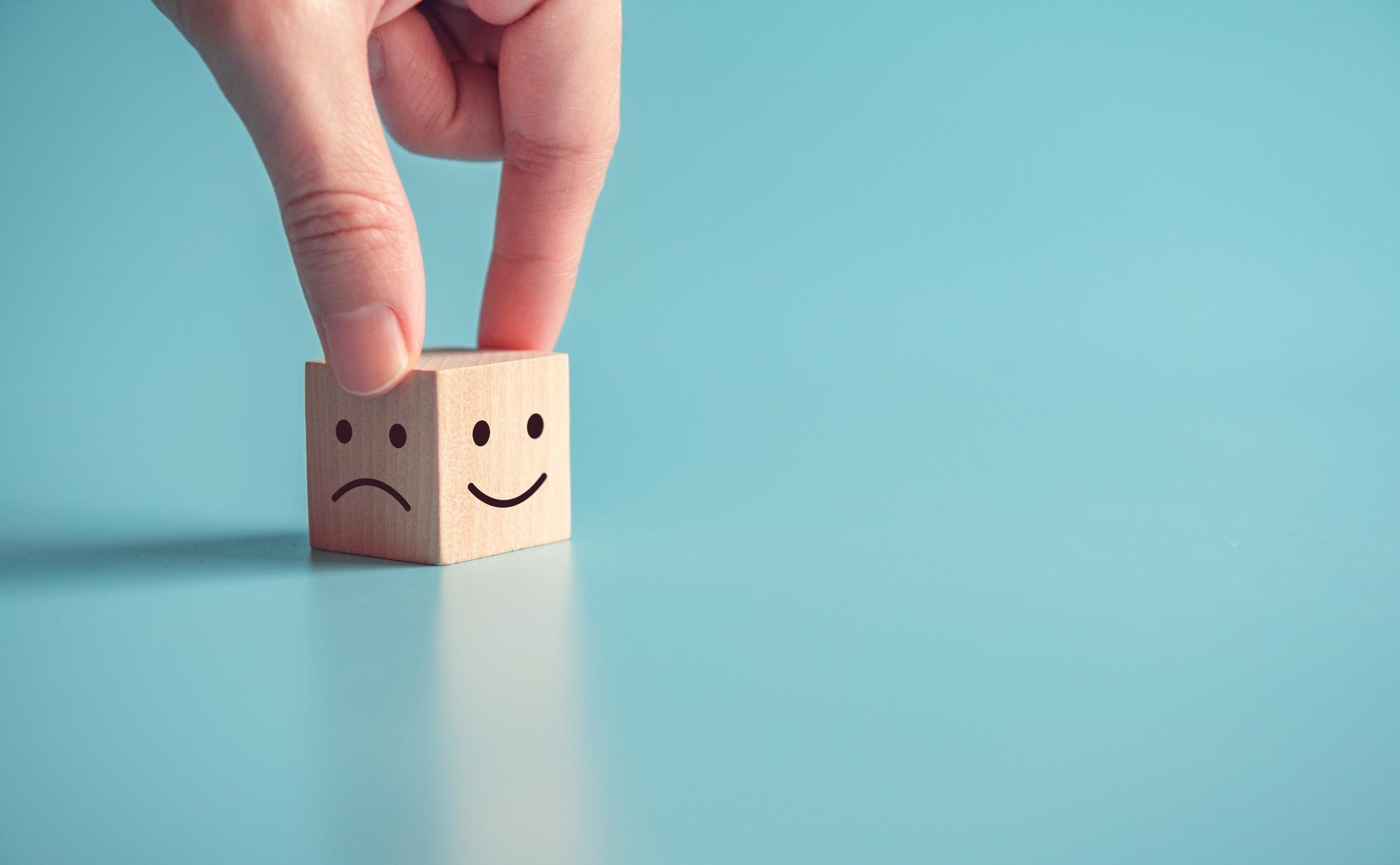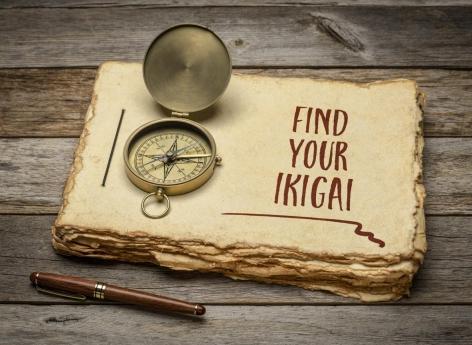A Frenchman has just won 200 million euros in a game of chance. Such a gain can cause, according to the Française des Jeux, an “emotional shock”. But above all change a life: for more or less happiness?

- Never had such a sum been won in France in a game of chance
- La Française des Jeux provides support for its big winners likely to experience an “emotional shock”
- A study shows that money brings happiness above all by the possibilities it offers to get rid of thankless tasks
He has still not come forward, but he has already entered the ranking of the 500 greatest fortunes in France. The winner of the Euromillions draw on Friday December 11 will pocket 200 million euros, which places him in 410th position of the richest people in our country. Enough to “lose your head” and the managers of the Française des Jeux, who have developed a whole system of support for the big winners, do not hesitate to speak of “emotional shock”.
But this “historic” gain above all allows us to ask a question that still has no certain answer today: does money buy happiness? Old question to which, apart from the philosophical and sociological rantings which regularly returns to this subject, a study carried out in 2017 and published in the scientific journal PNAS, brings some answers: money would make happiness, but indirectly, in particular because it allows you to free yourself from certain chores!
Win time
The researchers observed more than 6,200 people in the United States, Canada, Denmark and the Netherlands. They noticed that time-stress levels were correlated with time-saving expenses.
One thing surprised scientists. Even people who can largely afford these services are reluctant to take action. Among the 6,000 participants in the study were 818 Dutch millionaires. And, among them, nearly half refused to spend money on outsourcing menial tasks. “People who hire house staff or pay neighbors’ children to mow the lawn feel like they’re lazy,” says Professor Ashley Whillans of Harvard University, who participated in the study. .
A guilt that could explain this paradox which is that the increase in income in many countries has nevertheless had the effect of increasing the feeling of lack of time and, according to American, Canadian and Dutch researchers, is accompanied by a decrease in well-being, or even an increase in anxiety and insomnia.
.
















